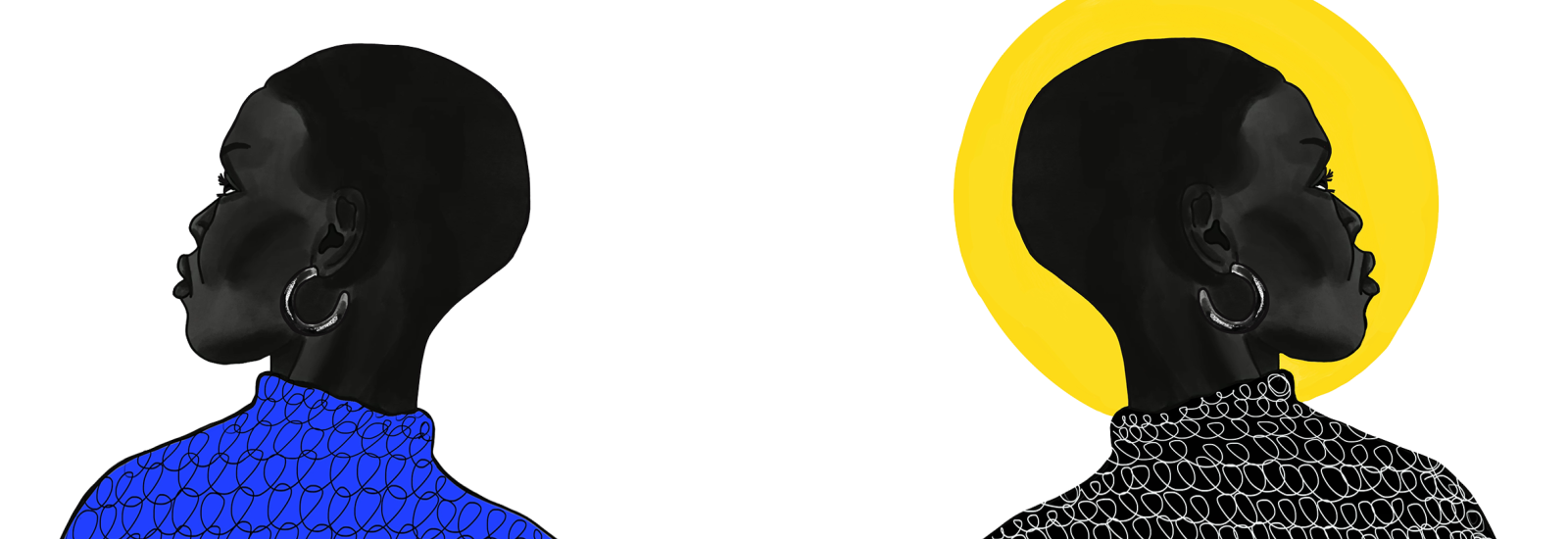
About the Author
JAIDEN DAVIS (HE/HIM)
Jaiden Davis (he/him) is an African American and African studies major with a minor in women’s, gender and sexuality studies alongside a certification in diversity, equity and inclusion and research distinction honors. Davis will be pursuing a JD/PhD track to enter scholarly and intellectual spatialities that advance abolitionist dreams and liberatory futures. He intends to intellectually analyze and challenge racial capitalism and its intimate linkages with imperialism, neoliberalism and colorblindness within minoritized communities.
Project Overview
This project, "Rest or Resilience?: An Analysis of the Implications of Black Resilience Neoliberalism and Neoliberal Practices on Health Outcomes and Rest Opportunities within Black Communities," analyzes how health outcomes and rest opportunities within Black communities are dependent upon neoliberal political attitudes and behaviors. Committed to engaging with the most vulnerable Black populations, this project conducts quantitative and qualitative studies grounded within intersectional analyses to radically envision more restful and freeing futures.
The study analyzes how neoliberalism — undergirded by respectability politics and Black resilience neoliberalism — exacerbates barriers of health outcomes and resources for Black secondary marginalized communities. Furthermore, the project points out how neoliberalism and Black Resilience Neoliberalism perpetuates the historical marginalization of Black secondary marginalized communities — most notably Black queer, trans and disabled peoples — by erasing their existence and experiences from mainstream Black intracommunal political agendas. These realities directly inform health outcomes and rest opportunities for these communities as their exclusion and marginalization exposes them to more violence, both intracommunally and within society at large.
Findings
#1
Neoliberalism negatively affects health outcomes of people who experience Black secondarily-marginalized positionalities
#2
Neoliberalism affects Black populations differentially and exposes them to more violence via interlocking systems that exacerbate societal and intracommunal marginalization
#3
BRN/neoliberal politics work to disable Black communities — especially those hailing from Black secondary-marginalized communities
References
- Bailey, Moya, and Izetta Autumn Mobley. “Work in the intersections: A black feminist disability framework.” Gender & Society, vol. 33, no. 1, 2018, pp. 19–40.
- Bey, M. (2022). Black Trans feminism. Duke University Press.
- Butler, O. E. (2000, May). A few rules for predicting the future. Essence, 31(1).
- Clay, Kevin L. “‘Despite the Odds’: Unpacking the Politics of Black Resilience Neoliberalism.” American Educational Research Journal, vol. 56, no. 1, 2018, pp. 75–110.
- Collective, Combahee River. “The Combahee River Collective statement.” Home girls: A Black feminist anthology 1 (1983): 264-274.
- G., Kelley Robin D., and Aja Monet. Freedom Dreams: The Black Radical Imagination. Beacon Press, 2022.
- Hersey, Tricia. Rest Is Resistance: A Manifesto. Little, Brown Spark, 2022.
- Lopez Bunyasi, Tehama, and Candis Watts Smith. “Do all black lives matter equally to black people? respectability politics and the limitations of linked fate.” The Journal of Race, Ethnicity, and Politics, vol. 4, no. 1, 2019, pp. 180–215.
- Moulton, A. A., & Salo, I. (2022). Black geographies and black ecologies as insurgent ecocriticism. Environment and Society, 13(1), 156–174.

